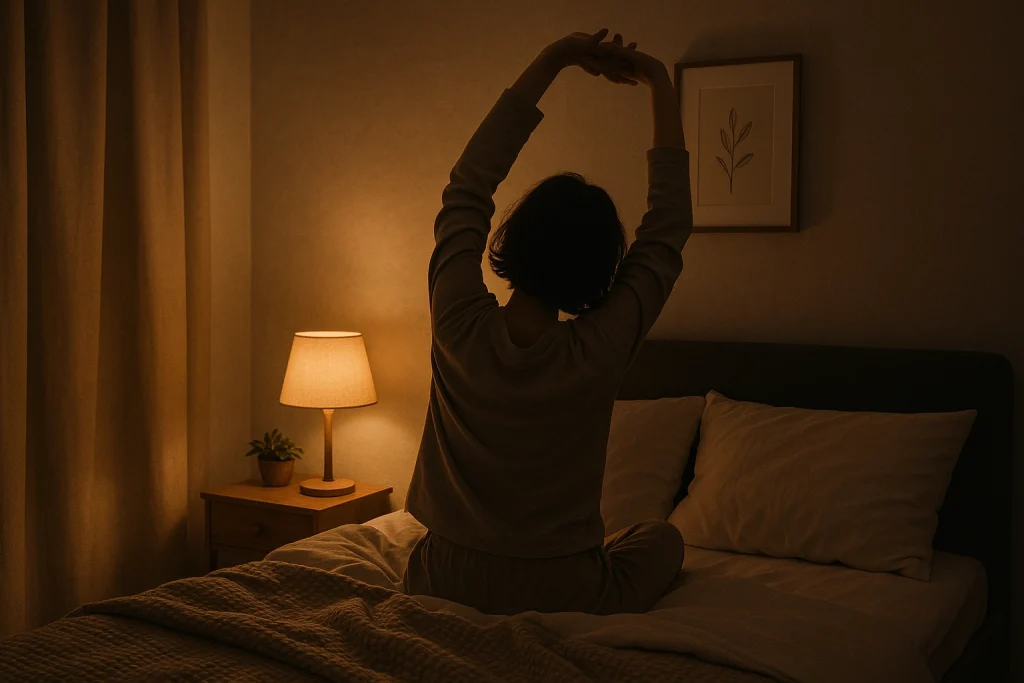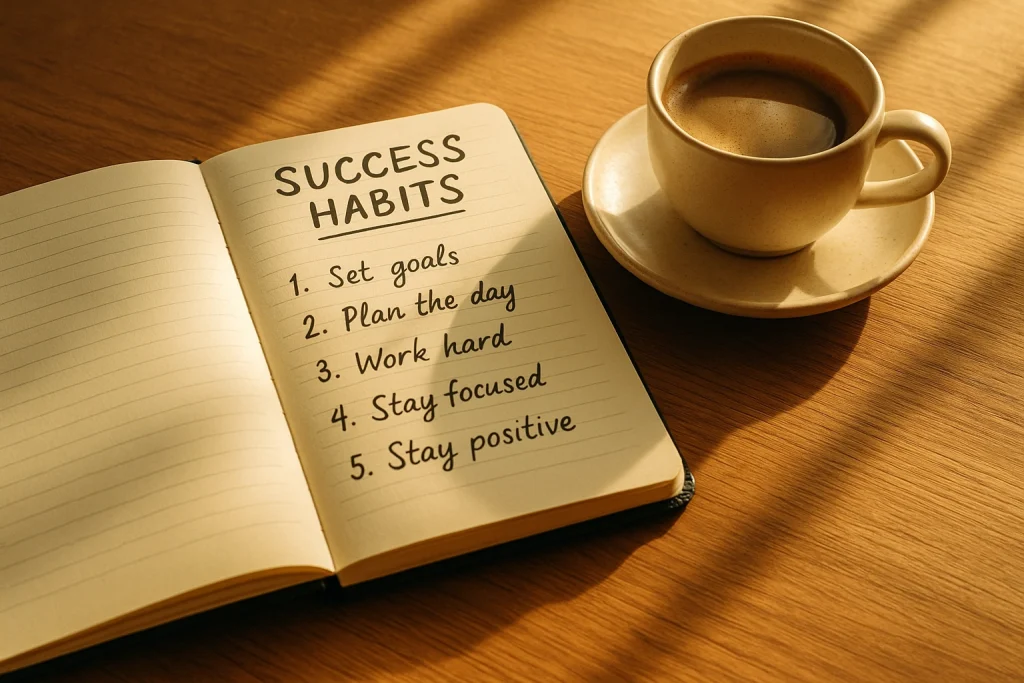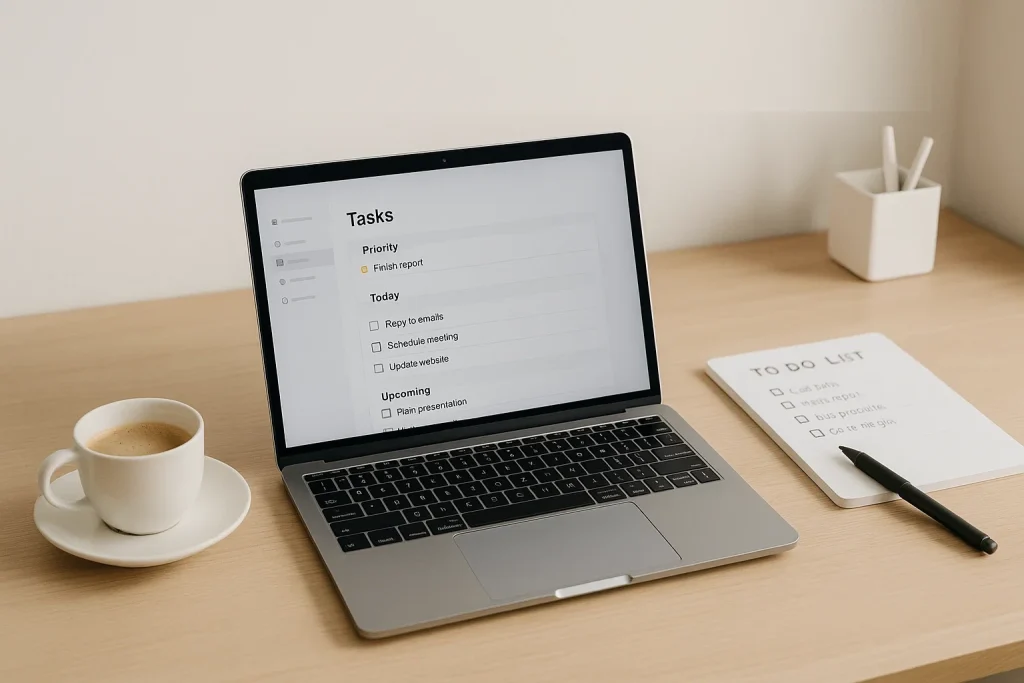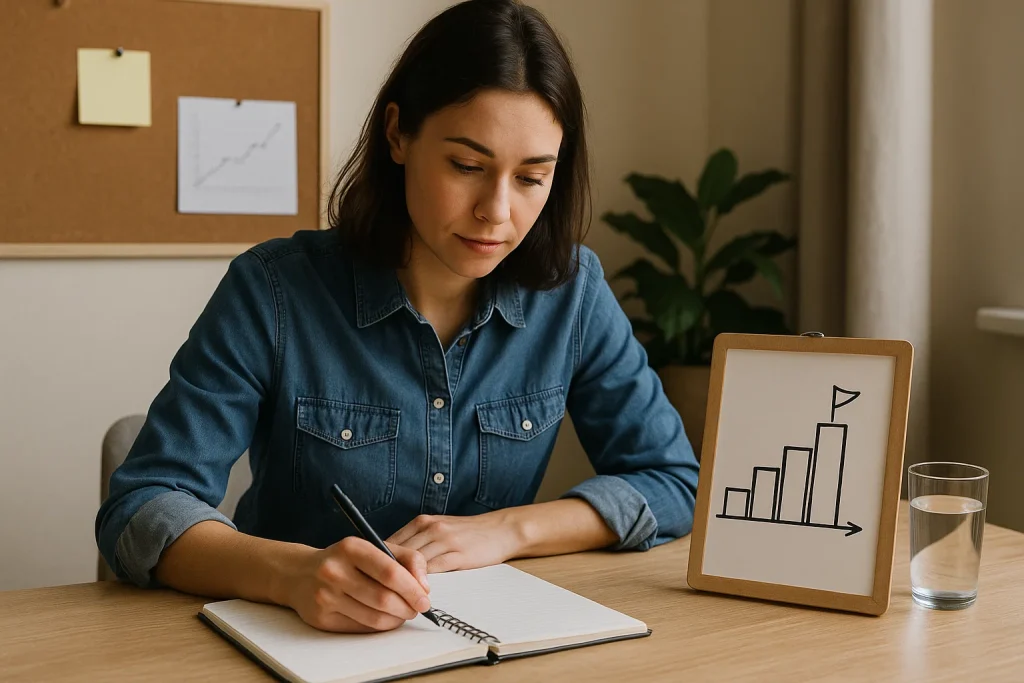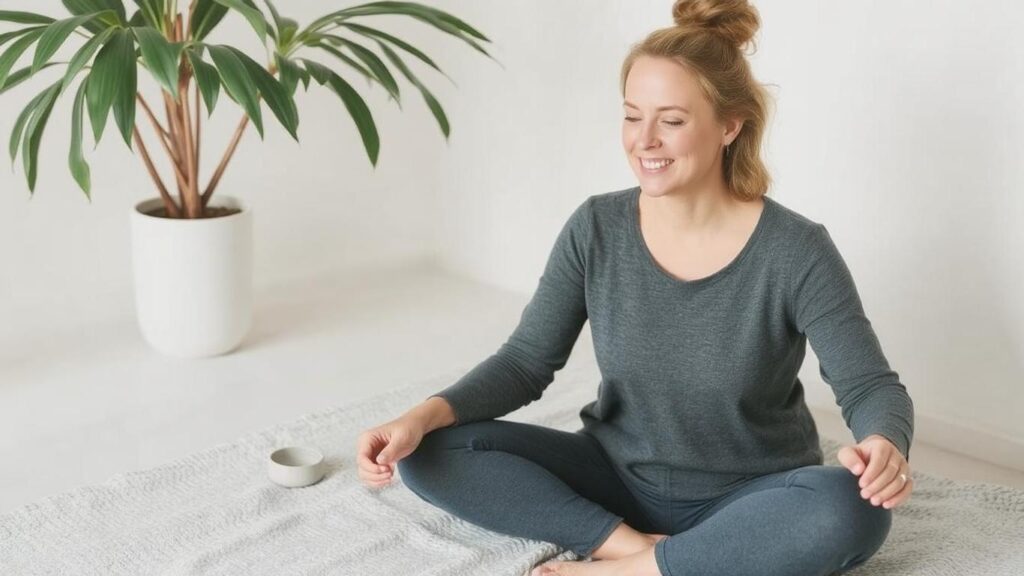5-Minute Habits for Less Anxiety
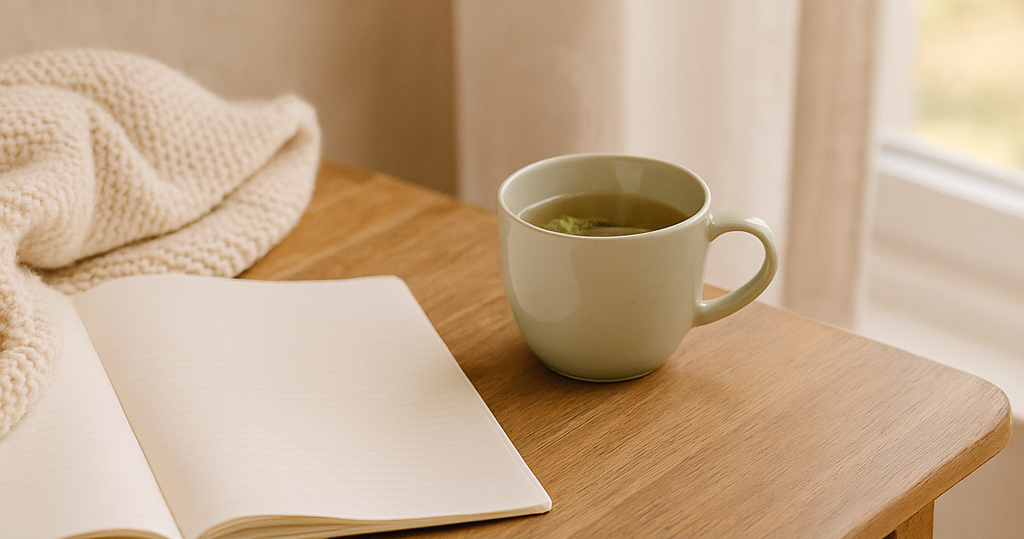
Anxiety can feel overwhelming, but there are small, actionable steps you can take to manage it. The best part? You don’t need a lot of time to get relief. Here are five simple 5-minute habits that can significantly reduce anxiety, helping you feel more grounded and in control.
1. Deep Breathing: The Power of Calm Inhalations
Deep breathing is one of the quickest and most effective ways to calm your nervous system. By focusing on slow, deep breaths, you can immediately lower your heart rate and relieve tension in your body.
How to Do It:
- Sit or stand in a comfortable position.
- Inhale deeply through your nose for a count of 4.
- Hold for a count of 4.
- Exhale slowly through your mouth for a count of 6.
- Repeat for five minutes.
Why It Helps: Deep breathing signals your brain to calm down, promoting relaxation and reducing the body’s fight-or-flight response, which is responsible for anxiety.
2. Grounding Exercises: Reconnect to the Present Moment
Grounding techniques can bring you back to the present moment when you feel overwhelmed. They are designed to distract your mind from anxious thoughts by engaging your senses.
How to Do It:
- Find a quiet space and sit down.
- Focus on the physical sensations around you. Use the 5-4-3-2-1 technique:
- 5 things you can see
- 4 things you can touch
- 3 things you can hear
- 2 things you can smell
- 1 thing you can taste
- Take your time to notice each sensation.
Why It Helps: Grounding techniques shift your focus from worry to your environment, reducing the power of anxious thoughts and helping you reconnect with your surroundings.
3. Progressive Muscle Relaxation: Ease Tension One Muscle at a Time
Anxiety often causes tension in your muscles, which can make you feel more anxious. Progressive Muscle Relaxation (PMR) helps you identify and release that tension, leaving you feeling calmer.
How to Do It:
- Start by sitting or lying down in a comfortable position.
- Begin with your feet and work your way up your body.
- Tense each muscle group for 5 seconds, then release for 15 seconds (starting with feet, legs, stomach, chest, arms, and face).
- Focus on the sensation of relaxation as you release the tension.
Why It Helps: By physically relaxing your muscles, you send a message to your brain that it’s time to calm down, which can lower anxiety and stress.
4. Visualization: Create a Peaceful Mental Escape
Visualization is a powerful tool that helps shift your focus from stress to calm. When you imagine a peaceful scene, you allow your mind to experience relaxation, even if your environment is stressful.
How to Do It:
- Close your eyes and take a few deep breaths.
- Picture a place that makes you feel peaceful—perhaps a beach, forest, or mountaintop.
- Engage your senses by imagining the sounds, smells, and sights of that place.
- Spend a few minutes in this peaceful scene.
Why It Helps: Visualization activates the same areas of the brain as actual experiences, which allows you to feel relaxed even if you’re not physically in a peaceful place.
5. Journaling: Release Your Thoughts on Paper
Writing down your thoughts can be an incredibly effective way to manage anxiety. Journaling gives you a chance to organize your thoughts and express what’s on your mind, helping you make sense of your emotions.
How to Do It:
- Set a timer for five minutes.
- Write freely about what’s causing your anxiety. Don’t worry about grammar or structure—just get your thoughts out.
- If you’re stuck, use prompts like “What am I worried about today?” or “What would help me feel better right now?”
Why It Helps: Journaling helps you externalize your anxious thoughts, providing clarity and often offering perspective on what’s causing your anxiety.
Conclusion: Small Steps for Big Relief
These 5-minute habits are easy to implement into your day and can make a significant difference in reducing anxiety. By taking a few moments to practice deep breathing, grounding, muscle relaxation, visualization, or journaling, you’re giving yourself the space to pause, reflect, and release tension. In a world where anxiety is all too common, these simple habits are a great way to take control of your mental well-being.


